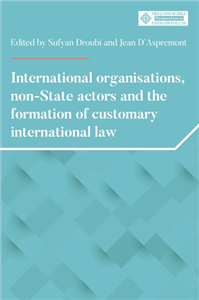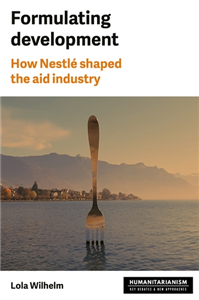Problems and Tentative Solutions
This e-book is the synthesis of years of research and direct observation of the work of the Bretton Woods institutions. It is also the result of many exchanges of views with actors and observers, IMF and World Bank executive directors, civil society representatives, colleagues professors.
The interests at stake are: how to make the Bretton Woods institutions (i) more effective, so that they can successfully face the challenges of development gaps (World Bank) and crisis prevention and management (IMF) and (ii) more democratic and less opaque, so that all their members and stakeholders can have a voice in and be represented, be they large or small, wealthy or not.
The two organizations are examined simultaneously, because of the perfect symmetry in their governance structures, of their links (shared memberships, contextual agreements), and of the complementarity of their missions. The focus is on their governance systems and above all on their decision-making process. The analysis is based on the firm belief that the decision-making process affects the efficiency and also – indirectly – the outcome of the international organizations’ decisions. In other words, their governance systems are bound to influence and shape the results of the actions of the international organizations themselves.
The book describes the governance of the Bretton Woods institutions – the International Monetary Fund and the World Bank – from a legal-institutional point of view and looks for ways in which they could be changed in order to meet today's global democracy needs. Its main focus is on the decision-making process as it affects the outcome of the international organizations’ activity. As a consequence of the 2008 global financial crisis, wisemen and committees of experts were asked to analyze the flaws and weaknesses of global financial institutions. Their reports, along with papers by think tanks, scholars and civil society representatives, proposed actions and reforms. Systematizing and commenting those hints, a fact crops out: in spite of their seeming diversity, all recommended reforms are marked by significant affinities, evidencing an underlying sharing of the criticalities to be addressed and corrected. The book examines suggestions for global economic governance reform in a plain and accessible language as a contribution to a necessary debate, which can't be confined to elite meetings and expert talks but has to involve all global citizens.




















